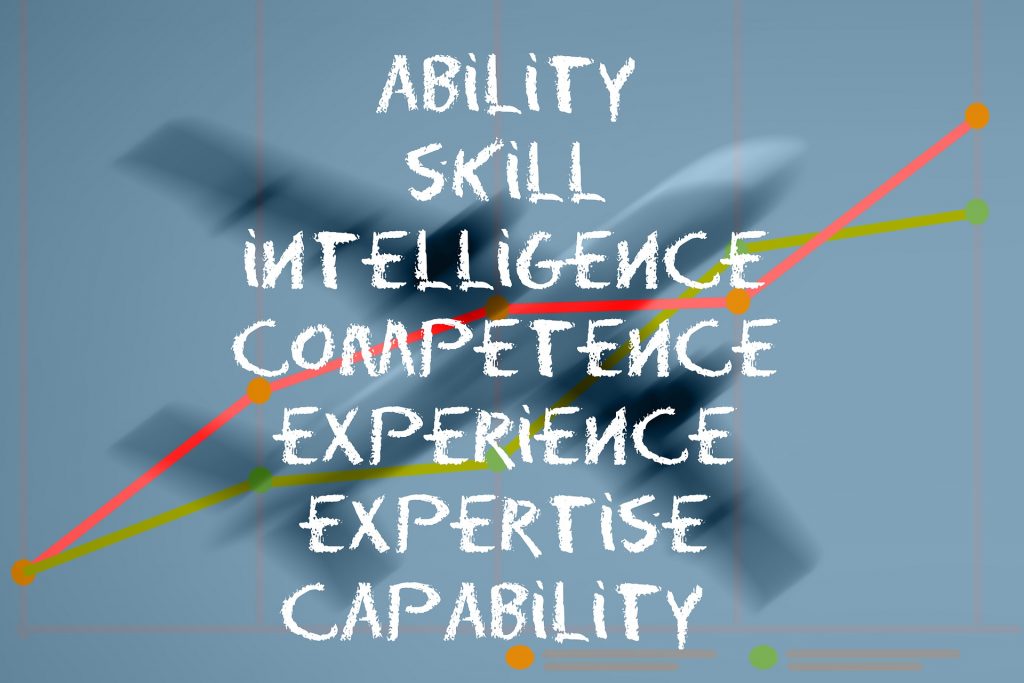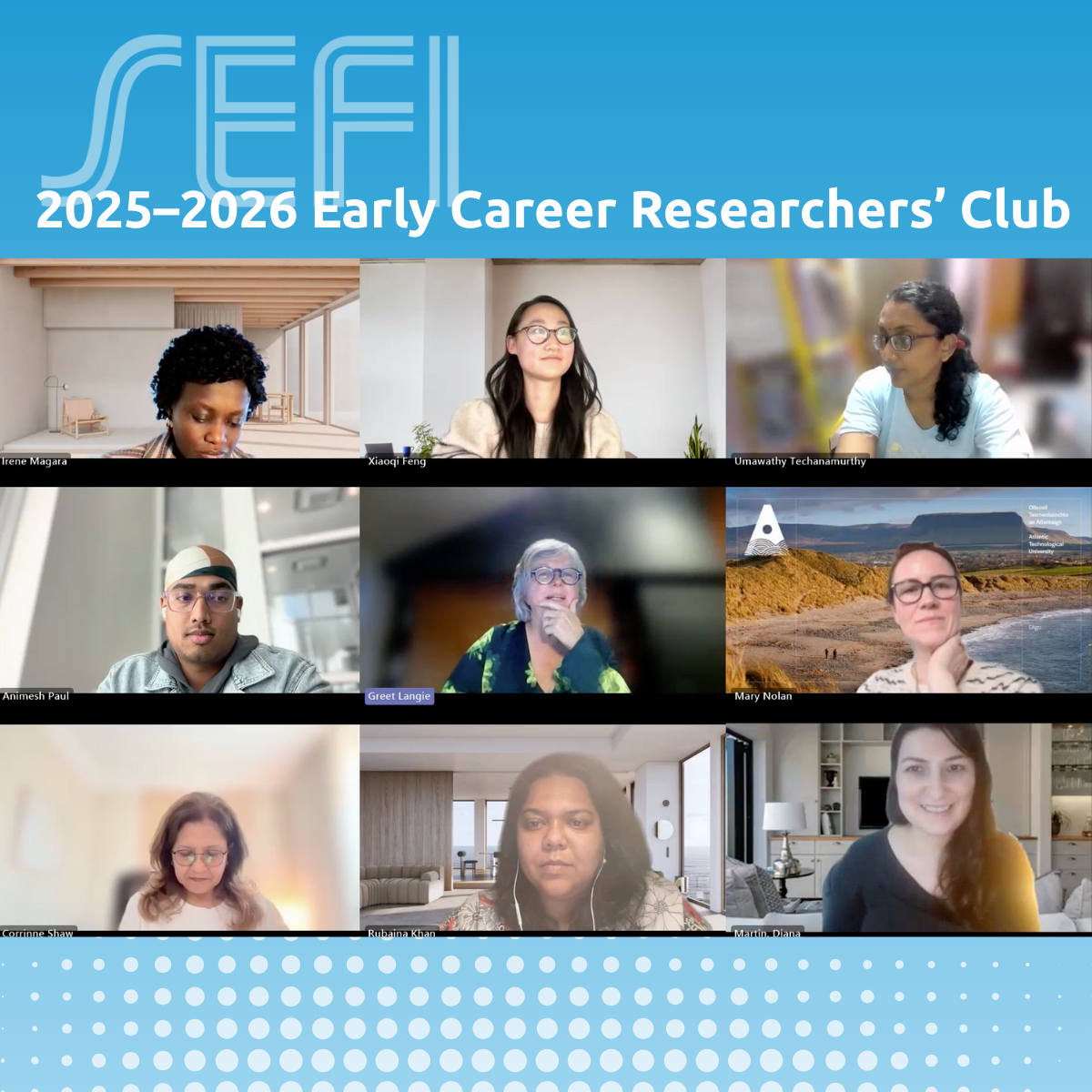The SEFI Early Career Researchers’ Club is a 9-month initiative designed to support and connect…

Scope & Contents
Transferable competencies and skills are an intrinsic part of Engineering Education, though not directly related to a specific engineering discipline. Whilst a lot of research has been done in this area, this research area is very wide, context-specific and hard to navigate for engineering practitioners, who want to learn more or improve their current teaching of transferable skills. In addition, not all practitioners have access to this research. This is why the SEFI Special Interest Group on Engineering Skills intends to create an evidence-based handbook on teaching core transferable competencies & skills in engineering programmes aimed at engineering education practitioners, curriculum developers, and budding engineering education researchers interested in transferable competencies and skills.
To allow for sufficient depth, the scope of this handbook has limited its focus to three themes of transferable competencies relevant to the engineering profession:
- Responsibility, Project management, and Leadership
- Communication and interpersonal skills
- Professional commitment/Lifelong Learning competencies
With many other competencies and skills also important for engineering (education), we hope many more volumes on skills education will follow, hence Volume A.
The handbook consists of 5 distinct parts (see detailed description here), with each part concluded by a combined reflection authored by the editors and authors of the chapters of that part.
- Part 1 – Competencies: Context & Challenges
- Part 2 – Embedding competencies and skills in your classes
- Part 3 – Assessing Competencies
- Part 4 – Embedding transferable competencies and skills at the curriculum level – the Current State-of-the-Art
- Part 5 – Evaluating needs, interventions, and outcomes of skills and competencies
We are looking for contributions for part 2, 3, 4, and 5. Please see our detailed call for interest, including the list of proposed chapters and an overview of the included competencies and skills. We encourage you to read this before expressing your interest via the form.
How to join?
Interested in contributing? Please express your interest to join the teams of authors for the proposed chapters of the SEFI Handbook on Transferable competencies & skills by filling in this form before December 1st, 2024.
We are aiming for collaborative contributions with multiple authors per chapter so we can learn from one another and develop our own transversal skills. We encourage heterogeneous groups of authors in terms of origin, age, gender, and disciplinary background. Please note: We expect authors also to act as reviewers of other chapters. The editors reserve the right to invite authors to write collaborative contributions for a specific chapter, based on the expressions of interests submitted.
Timeline
- 1 December 2024 –
Deadline for expression of interest - 31 January 2025 – Editors will send out invitation to write contributions to authors
- 1 September 2025 – Deadline submission of chapters for peer review
- 1 December 2025 – Deadline completion peer review
- 15 December 2025 – Peer review comments to authors
- 1 March 2026 – Revised chapters due
- 1 April 2026 – Deadline completion second peer review
- 15 April 2026 – Peer review comments to authors
- SEFI 2026 – Launch of the SEFI handbook on the SEFI 2026 conference
Editorial team
Gillian Saunders-Smits (TU Delft) G.N.Saunders@tudelft.nl – Volume Editor; Lynn van den Broeck (KU Leuven) Lynn.vandenbroeck@kuleuven.be – Volume Editor; Thies Johannsen (TU Berlin) johannsen@tu-berlin.de – Volume Editor; Esther Perea Borobio (Imperial College London) e.perea@imperial.ac.uk; Neil Cooke (University of Birmingham) n.j.cooke@bham.ac.uk; Jenny Griffiths (University College London) j.griffiths@ucl.ac.uk; Helena Kovacs (EPFL) helena.kovacs@epfl.ch; Abel Nyamapfene (University College London) a.nyamapfene@ucl.ac.uk; Emanuela Tilley (University College London) e.tilley@ucl.ac.uk


